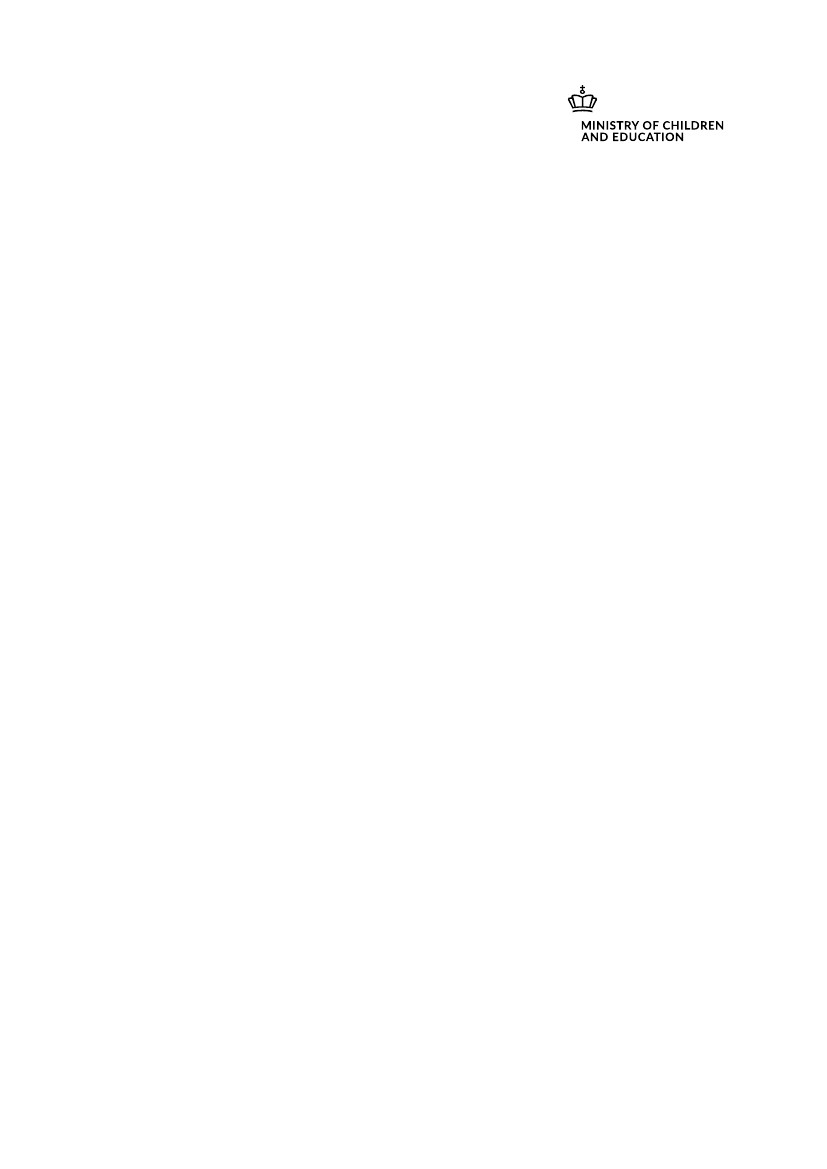
Danish position paper on the Digital Education Action
Plan (DEAP) 2021-2027
The Danish Government appreciates the opportunity to share its view on
the Digital Education Action Plan (DEAP) 2021-2027. In general, the Dan-
ish Government supports the ambition of the DEAP when it comes to im-
proving digital skills and competencies in society. This was highly relevant
when the DEAP was launched in 2020 and this is indeed still the case con-
sidering recent developments, e.g. of AI-based tools. However, much has
also happened since then. Furthermore, we have become increasingly
aware that children should not be left to navigate the complexities of the
digital world on their own. Therefore, the Danish Government has three
key points for the future work within the DEAP:
1) The importance of striking the right balance between analogue
and digital tools for learning
2) EU added value connected to regulation of tech companies and
use of technology in education, exchange of experiences should
focus on common challenges such as implementation of horizon-
tal EU regulation in the education sector (GDPR, AI Act etc.)
3) No need to create new digital education fora – make use of exist-
ing ones.
Striking the right balance between analogue and digital tools
While the DEAP was presented following unprecedented demand for dig-
ital educational tools during covid-19, the need for both practical, ana-
logue and digital elements in education has become evident after covid-
19. The important aspect is that digital tools are used with a didactic pur-
pose and that teachers know how to balance different teaching methods.
The point is not to be against the use of digital technology for education,
but to make sure that different tools are used to maximize learning out-
comes. The key concern should be how to improve learning outcomes us-
ing technology as a tool among others – not as an end in itself.
If covid-19 underlined the importance of mastering digital tools, the af-
termath of the crisis made it clear that digital technology cannot replace
11 September 2024
Frederiksholms Kanal 25
DK-1220 Copenhagen K
Phone: +45 33 92 50 00
Mail: [email protected]
www.uvm.dk
CVR no.: 20453044